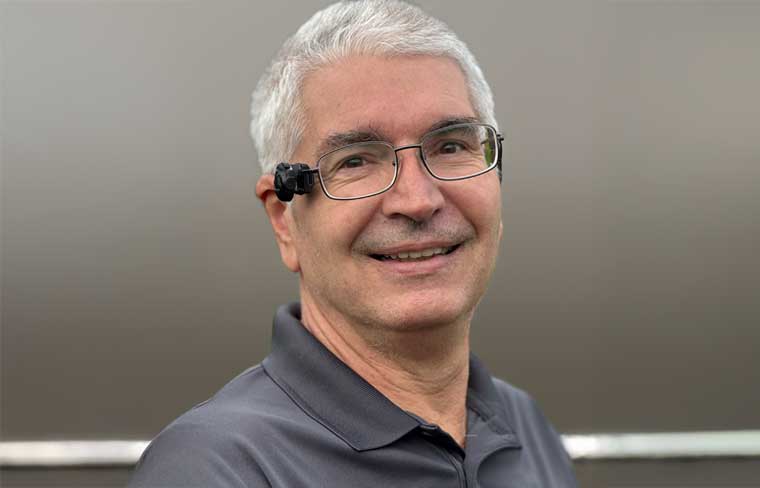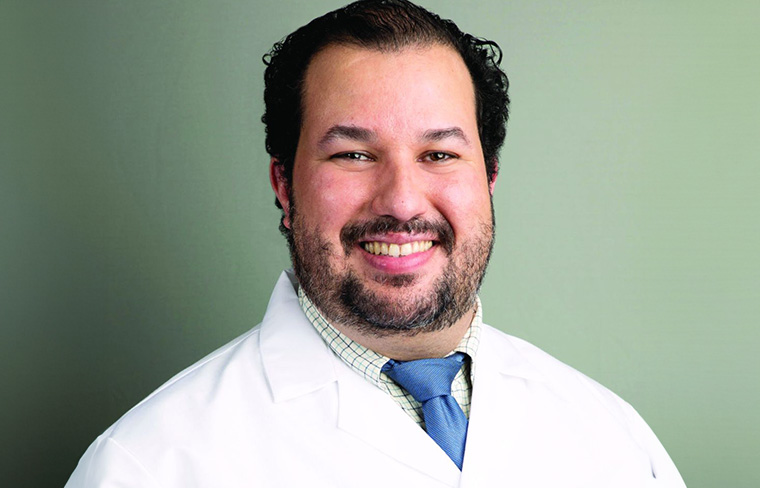Sleep Medicine
-
Oral medications for sleep in nonintubated ICU patients and their impact on delirium
Clinicians rank pharmacologic sleep aids for ICU patients who are not intubated, beginning with those that have the strongest evidence for safety and efficacy.
-
OSA and the Alzheimer’s continuum
OSA is being increasingly recognized as a potential contributor to neurodegeneration, particularly in the preclinical stages of Alzheimer’s disease. As early intervention becomes a priority in Alzheimer’s prevention, sleep disorders are being investigated as modifiable risk factors.
-
For the neuromuscular disease community, ventilation coverage victory doesn’t carry over
Patient advocate Spero Koulouras said he believes CMS home ventilation coverage criteria for patients with disorders such as ALS are still ambiguous enough that private insurers have interpreted them to deny and delay coverage.
-
Reexamining treatment for RLS: What do the new AASM guidelines teach us?
The key clinical takeaway from the new guidelines is that dopamine agonists are no longer first-line therapy for RLS, and gabapentinoids should be used as primary therapy for most patients.
-
Early treatment with CPAP may reduce dementia risk for patients with OSA
Sreelatha Naik, MD, FCCP, said the apparent benefit of CPAP therapy is not a surprise; however, more studies are needed to determine if treating sleep apnea can truly mitigate the higher risk of dementia.
-
GLP-1 receptor agonists for managing OSA: Practical insights from an endocrinologist-sleep specialist
Brian Wojeck, MD, MPH, outlines the clinical considerations sleep medicine specialists will increasingly need to know to treat patients with obesity-related sleep apnea.
-
Home high-flow nasal cannula therapy
Home high-flow nasal cannula therapy is a promising alternative form of respiratory support to NIV and CPAP. The treatment has been associated with a reduced number of acute exacerbations.
-
Novel obesity medications open door to new era in treatment of OSA
In December 2024, the FDA approved tirzepatide, a dual GIP and GLP-1 receptor agonist previously approved for type 2 diabetes and obesity, as the first prescription medication for adults with moderate to severe OSA and obesity.
-
Ending Daylight Saving Time
Daylight Saving Time faces opposition due to its impact on sleep, health, and safety. Experts point to sleep-wake cycle disruptions, fatal car accidents, and a higher prevalence of stroke and heart attack as an argument for Permanent Standard Time.
-
Hospital to home tracheostomy care
Patients with tracheostomies require comprehensive planning to avoid adverse events. Technological improvement has enhanced our ability to support these patients with complex conditions in their home settings. However, clinical practice […]












